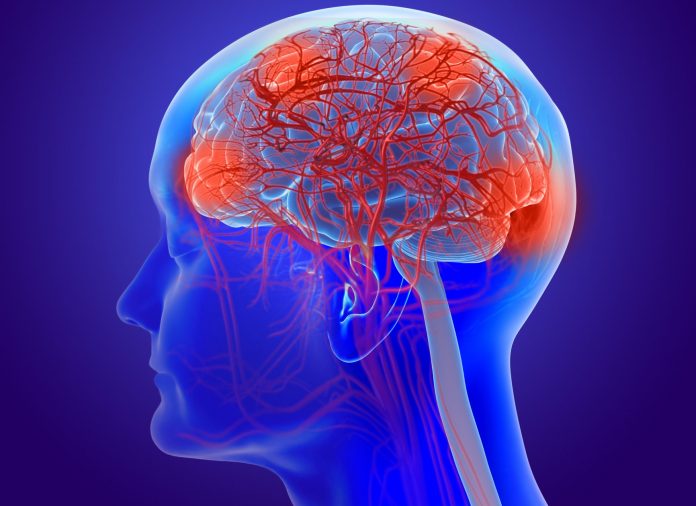
AviadoBio and Astellas Pharma have announced a potential $2.5B+ agreement for AVB-101, an investigational AAV-based gene therapy in Phase I/II development for patients with frontotemporal dementia with progranulin mutations (FTD-GRN). The deal involves $50M upfront.
Adam Pearson, chief strategy officer, Astellas, said “AVB-101 represents a truly innovative approach to the treatment of FTD-GRN and has the potential to be part of the next generation of gene therapy products through the creation of this agreement.”
Pearson added, “We look forward to collaborating with the team at AviadoBio as we expand our gene therapy pipeline to help a broader range of people living with debilitating, neurodegenerative diseases. …Genetic regulation remains a cornerstone of our primary focus strategy at Astellas and this agreement helps us to continue to provide potential solutions for patients in need.”
AVB-101 is a gene therapy designed to deliver a copy of the human progranulin gene to the brain. It is being tested in people with FTD with pathogenic progranulin mutations. These patients have abnormally low expression of progranulin in the brain.
FTD is a devastating form of early-onset dementia that typically leads to death within three to 13 years from diagnosis. It is the second most prevalent form of young-onset dementia.
Some epidemiological studies have reported that the prevalence of FTD peaks between 55 and 59 years of age, other studies have suggested that the prevalence increases with age. The prevalence worldwide is uncertain, with estimates of FTD amongst people who are 45 to 64 years of age between 15–22 per 100,000. The world market for FTD treatments is estimated to be worth more than $500M in the next few years.
People with FTD commonly experience a rapid decline in executive function (attention control, working memory, problem-solving etc.), uncharacteristic behaviors, loss of language, apathy, and reduced mobility. It is an important cause of dementia in those under the age of 65 and is often underrecognized, and misdiagnosed.
There’s currently no cure or treatment for FTD. Medicines used to treat or slow Alzheimer’s disease don’t seem to be helpful for people with this condition. But certain medicines, such as some types of antidepressants and antipsychotics, may help manage behavioral symptoms of FTD.
Under the terms of their agreement, Astellas will have the option to receive a worldwide exclusive license for the development and commercialization rights to AVB-101 in FTD-GRN and other potential indications.
Astellas will make a $20 million equity investment and up to $30 million in upfront payments for the option to license AVB-101. AviadoBio is also eligible to receive up to $2.18 billion in license fees and milestone payments plus royalties if Astellas exercises its option.
Lisa Deschamps, CEO, AviadoBio said, “As we complete dosing of the first cohort of patients in our Phase I/II ASPIRE-FTD trial of AVB-101, we are excited about the potential of this collaboration to help address the unmet need that exists today in frontotemporal dementia.”
Deschamps added, “This strategic collaboration will combine our promising gene therapy candidate for FTD-GRN and delivery expertise with Astellas’ global capabilities in development and commercialization of gene therapies. Together, we can further accelerate delivering this investigational medicine to families around the world who so desperately need treatment options for FTD-GRN and other neurological diseases.”





